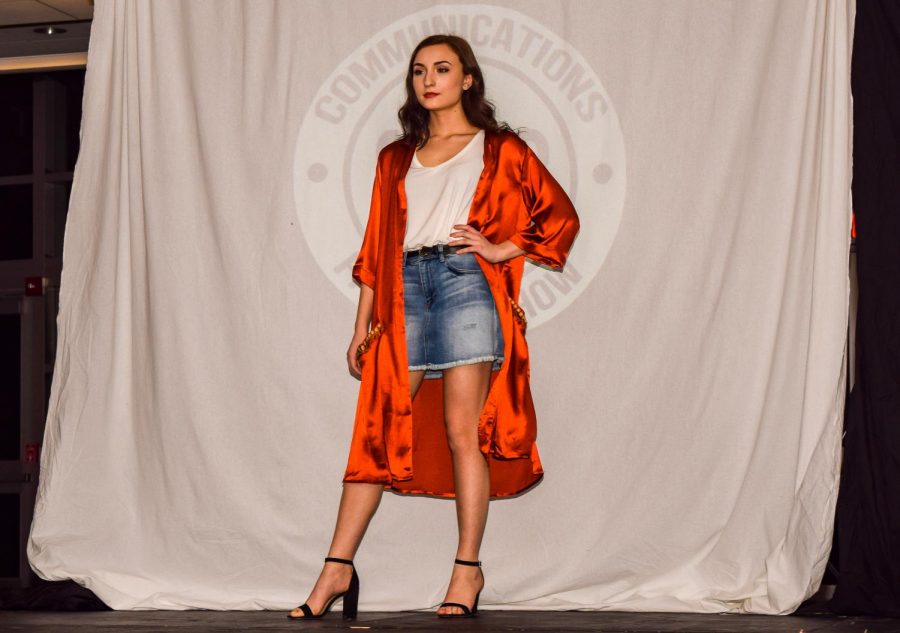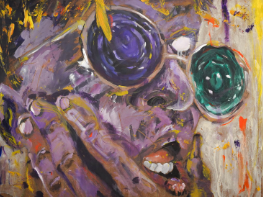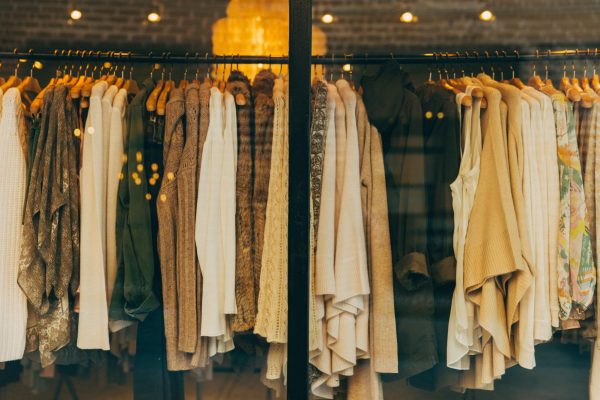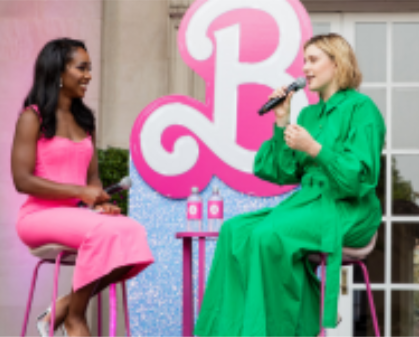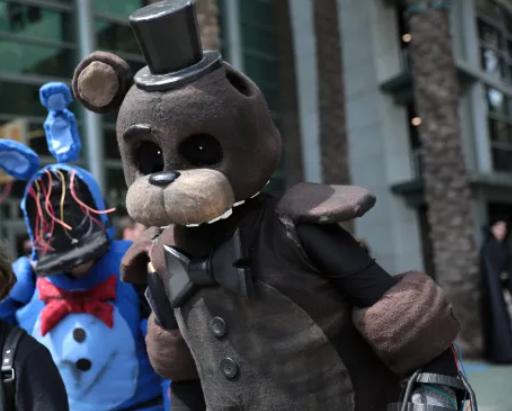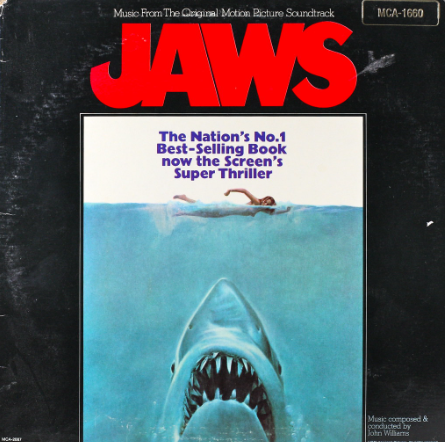Students find confidence in fashion
March 2, 2018
The 19th century had the corset. The 1940s had nylons. The present day has skinny jeans and oversized sweaters. Fashion has always been an integral part of culture, dictating how people present themselves through their clothing. Despite its status as a cultural hallmark, much of society portrays an interest in fashion negatively among all genders, albeit in different ways.
For women, society relates appearance directly to self-worth. Coordinated outfits and styled hair are expected and considered a sign of self-respect. However, many women feel that their interest in fashion undermines their intelligence or threatens their colleagues’ view of them. Jenna Sauers wrote in her essay “Is Fashion Smart?” on this notion: “Fashion is superficial and obsessed with surface and appearances, and people who are actually intelligent have more important things to worry about.”
Sophomore Sydney Karlin of Matawan, however, sees clothing as a way to build confidence.
“Some women may feel powerful and determined in a suit and heels, while others feel great when they put on a dress. It’s all about finding what makes you not only ‘look good’ but also feel amazing,” Karlin said.
Men who are interested in fashion feel a similar pressure. The fashion industry maintains a strong focus on the female market, with New York Fashion Week’s women’s showings lasting nine days as opposed to the three-day male event, according to the Council of Fashion Designers of America.
“Some men feel uncomfortable with the idea of being fashionable because it’s a term that’s generally used to describe women. A lot of men hold their fragile masculinity close to them, and any predominantly-female adjective could really hurt it,” senior Matthew Avena of Middletown said.
Gender-nonconforming people experience a different struggle when shopping for clothing. Many are just beginning to understand the gender spectrum and many brands do not offer options for those who do not identify as strictly male or female. Textile designer Roxy Sticks, a transgender woman, described this struggle in an interview with Vice.
“I found it really unpleasant being in stores that were explicitly gendered with clearly defined menswear and womenswear sections, like Target,” Sticks said.
Karlin thinks that all genders can use fashion to express themselves and feel comfortable in who they are.
“Sometimes it’s just the fun that comes with trying something new, but other times it’s being able to look in the mirror and feel confident,” she said.



